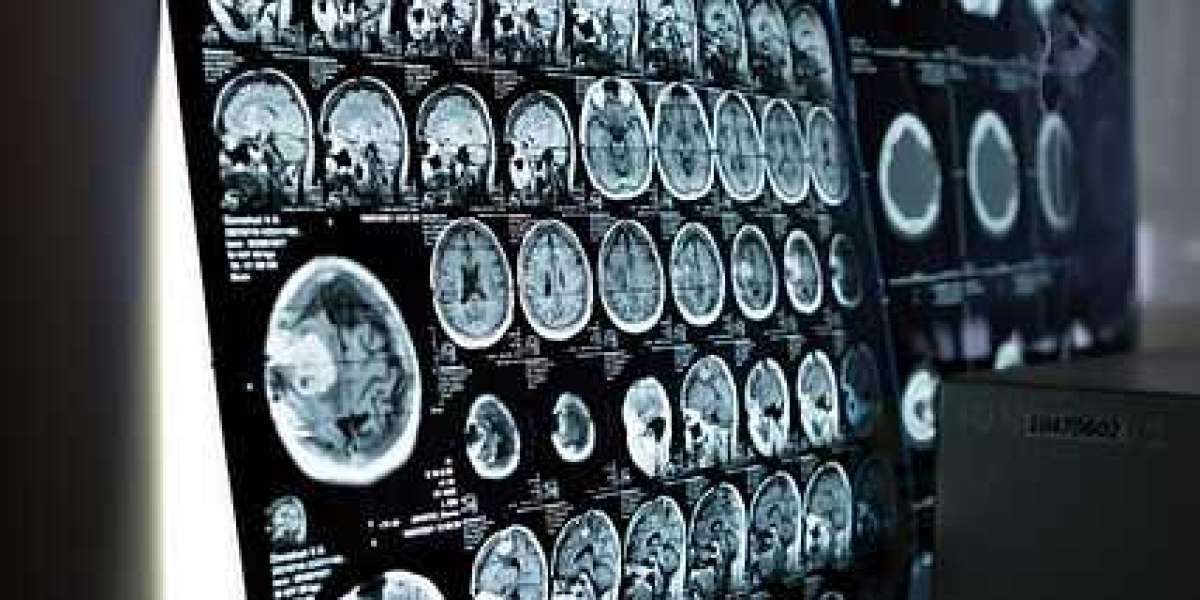An multinational team of scientists claims that the first scan of a dying human brain reveals fascinating characteristics that had hitherto been hidden from view. According to the findings of their study, which was published in the scientific journal Frontiers in Aging Neuroscience, scientists saw heightened brain activity similar to that observed when we concentrate, dream, remember, or meditate right before and after cardiac arrest.
According to the findings of the study, the brain can stay active and coordinated during and even after the transition to death, and it can even be programmed to orchestrate the entire process.
The research project came about by serendipity, in a way. An electroencephalogram (EEG), which records brain activity, was linked to the brain of an 87-year-old man who suffers from epilepsy. After suffering a heart attack and succumbing to his injuries, the device continued to record the patient's brain activity, which allowed experts to study it later on.
Neurosurgeon Ajmal Zemmar, of the University of Louisville, who was involved in the research, points out that the findings raise the question of whether we are actually seeing glimpses of our lives pass before our eyes in the final minutes of our lives.
It is possible that our loved ones' brains are repeating some of the most beautiful moments they have had in their lives even after they have closed their eyes and are willing to leave us to go to last rest, according to Zemmar's findings.
Scientists assert that the discoveries call into doubt our concept of when life comes to an end, as well as raising critical problems such as those surrounding organ donation.
The researchers, on the other hand, point out that more research is needed because the subject of their study was a guy who was suffering from epilepsy at the time. His brain had been harmed as a result of seizures and edema, which made it more difficult to comprehend the data collected.



